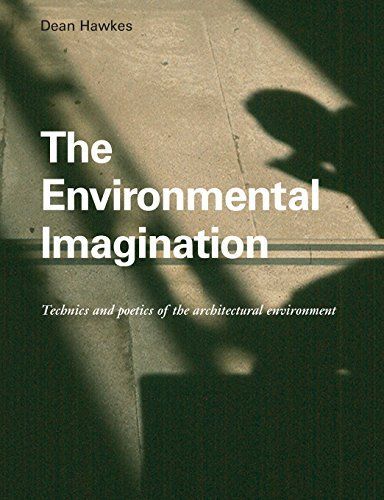
The Environmental Imagination Technics and Poetics of the Architectural Environment
The Environmental Imagination explores the relationship between tectonics and poetics in environmental design in architecture. Working thematically and chronologically from the eighteenth century to the present day, this book redefines the historiography of environmental design by looking beyond conventional histories to argue that the environments within buildings are a collaboration between poetic intentions and technical means. In a sequence of essays, the book traces a line through works by leading architects of the nineteenth and twentieth centuries that illustrate the impact of new technologies on the conception and realisation of environments in buildings. In this, a consideration of the qualitative dimension of environment is added to the primarily technological narratives of other accounts. In this second edition, the book has been substantially rewritten and restructured to include further research conducted in the decade since the first edition. A number of important buildings have been revisited, in order to extend the descriptions of their environments, and studies have been made of a number of newly studied, significant buildings. A completely new essay offers an environmental interpretation of Luis Barragán’s magical own house in Mexico City and the earlier studies of buildings by Peter Zumthor have been gathered into a single, extended essay that includes a body of new research. On the fiftieth anniversary of the publication of Reyner Banham’s, The Architecture of the Well-tempered Environment, the book concludes with a critical tribute to that seminal text. The Environmental Imagination will appeal to academics and practitioners with interests in the history, theory and technology of architecture.